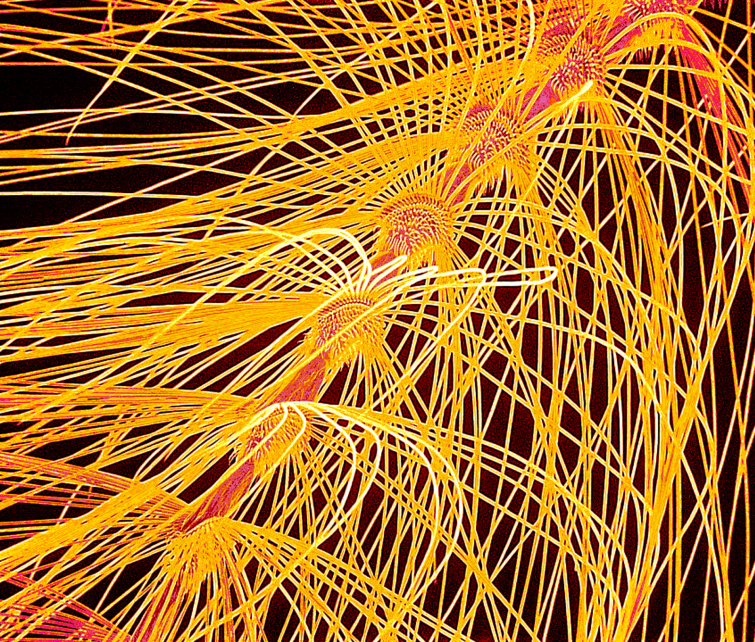
 News
News
Viral sequence integrated in mosquito genome controls infection by related virus
A new endogenous viral element (EVE) has been identified in Aedes aegypti mosquitoes. This EVE is almost identical to a contemporaneous strain of cell-fusing agent virus (CFAV), a widespread insect-specific virus found in Ae. aegypti populations. Researchers experimentally demonstrated that this EVE controls CFAV replication in the mosquito’s ovaries. This discovery supports the idea that EVEs constitute a universal system of heritable sequence-specific antiviral immunity.
Endogenous viral elements (EVEs), also known as viral fossils, are viral sequences integrated in host genomes. When viral DNA integration occurs in the germline, it can be inherited and retained in the host genome as evidence of ancient viral infections.
Retrovirus-derived EVEs are the best-known examples as they play important roles in host physiology and antiviral immunity. Recent bioinformatic surveys also identified non-retroviral EVEs in a wide range of animal genomes including mosquitoes.
Photo: Coloured scanning electron micrograph (SEM) of the antenna of a male mosquito